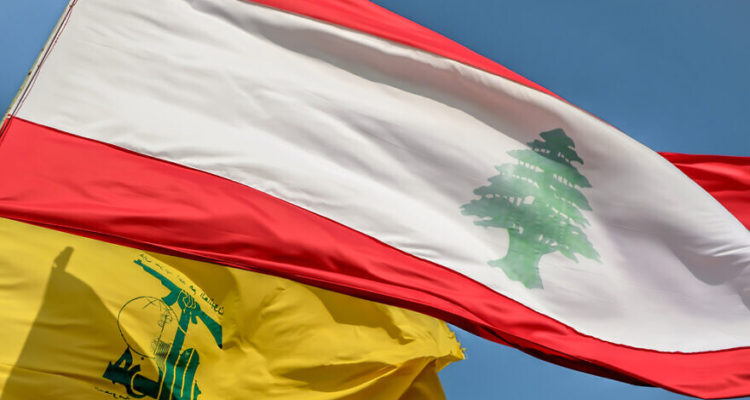By Elizabeth Samson, Middle East Forum
Israel’s simultaneous detonation of thousands of pagers and walkie-talkies belonging to Hezbollah was, in hindsight, the opening salvo rather than an isolated operation in the conflict between Israel and Hezbollah.
With the Israel Defense Forces now striking deep into Lebanon and seemingly preparing for land incursion, academics, journalists, and even some diplomats declare that Israel’s actions are illegal.
Such arguments are wrong. Under international law, Israel’s actions are legal. Many apologists for Hamas argue resistance to occupation justifies Palestinian terror.
This itself is a misreading of international law, but Hezbollah can make no such argument. Hezbollah can neither argue they seek to liberate their country nor create a state.
As Hezbollah repeatedly attacks Israel to destroy it, Israel has a legitimate right of self-defense in accordance with the United Nations Charter, Chapter VII, Article 51 and can use whatever tools are available within the bounds of the law to stop that from happening.
In wartime, even when complying with international humanitarian law, collateral damage and incidental deaths of civilians occur. In this instance, the Lebanese government is to blame for its own misfortune.
Iran’s Islamic Revolutionary Guard Corps founded Hezbollah in 1982 to fight Israel in southern Lebanon, impose Ayatollah Ruhollah Khomeini’s heterodox theological interpretations, and create a proxy force.
Since that time, Hezbollah has grown. The Lebanese government has legitimized the group by incorporating it into the government. It holds more than ten percent of the seats in Lebanon’s parliament, provides social services, runs hospitals, owns a satellite station, runs schools, and builds infrastructure.
Essentially, Lebanese officials and Hezbollah apologists in the West argue that Hezbollah should have the legitimacy of state participation, but none of the responsibility or consequences for its actions.
United Nations Security Council Resolution 1701, which ended the 2006 Israel-Hezbollah War, demanded the disarmament Hezbollah and other armed groups.
Only the United Nations Interim Force in Lebanon (UNIFIL) and the Lebanese Armed Forces could operate south of the Litani River.
Resolution 1701 also re-emphasized the commitments under the Taif Accords, and UN Resolutions 1559 and 1680 that required “the disarmament of all armed groups in Lebanon, so that, pursuant to the Lebanese cabinet decision of July 27, 2006, there will be no weapons or authority in Lebanon other than that of the Lebanese state.”
At the time, Hezbollah’s leader Hassan Nasrallah said he would honor the call for a ceasefire with Israel but, to date, Israel has upheld its commitments by withdrawing from all Lebanese territory while Hezbollah remains in southern Lebanon, having expanded its military arsenal and using its position to wage war.
Despite the resolutions and diplomatic negotiating efforts, UNIFIL is powerless because there is no enforcement mechanism. United Nations Charter Chapter VI governs Resolution 1701, and not Chapter VII that enables military enforcement.
Article 51, Chapter VII, states that “Nothing in the present Charter shall impair the inherent right of individual or collective self-defence if an armed attack occurs.”
Furthermore, Israel may continue to exercise that right “until the Security Council has taken measures necessary to maintain international peace and security.”
In the case of Hezbollah, however, the Security Council may only “recommend appropriate procedures” for UNIFIL to take action, pursuant to Chapter VI and with the permission of the Lebanese Armed Forces, a body that Hezbollah operatives subverted.
A lack of compliance by Hezbollah with U.N. instruments does not absolve the Lebanese government of responsibility for the aggression waged from its territory. While the U.N.’s hands remain tied, Israel cannot wait for Lebanon to fulfill its responsibility to address the Hezbollah problem.
When Hamas in Gaza hides in civilian institutions like schools and hospitals, those sites lose their protected status. In Lebanon, the situation is analogous.
When Lebanon allows Hezbollah to utilize its territory and participate in the state as an official party, Lebanon becomes culpable for Hezbollah’s actions.
As such, Israel’s right to self-defense can extend to military operations targeting all sites utilized by Hezbollah across the entirety of Lebanon.





